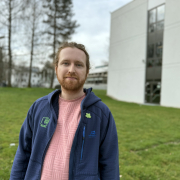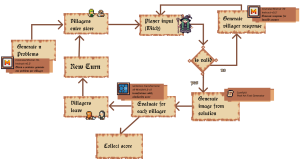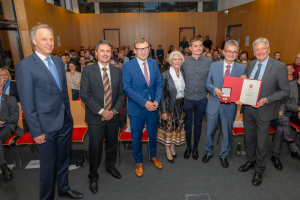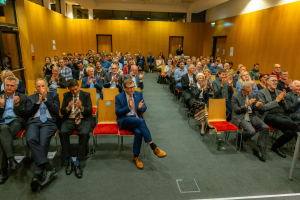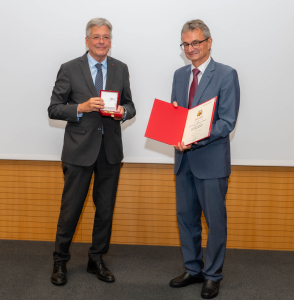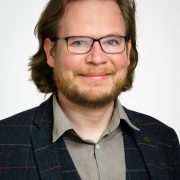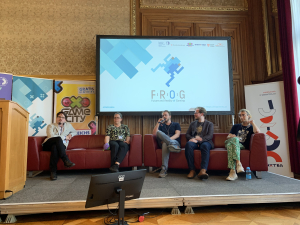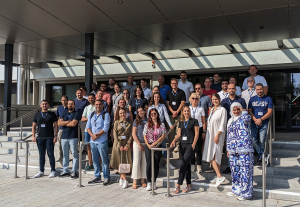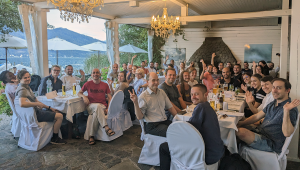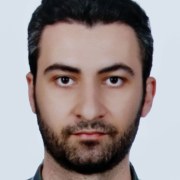Authors: Tom Tucek, Kseniia Harshina, Georgia Samaritaki (University of Amsterdam), and Dipika Rajesh (University of California, Santa Cruz)
Abstract:
This paper presents “One Spell Fits All”, an AI-native game prototype where the player, playing as a witch, solves villagers’ problems using magical conjurations. We show how, beyond being a standalone game, “One Spell Fits All” could serve as a research platform to explore several key areas in AI-driven and AI-native game design. These areas include AI creativity, user experience in predominantly AI-generated content, and the energy efficiency of locally running versus cloud-based AI models. By leveraging smaller, locally running generative AI models, including LLMs and diffusion models for image generation, the game dynamically generates and evaluates content without the need for external APIs or internet access, offering a sustainable and responsive gameplay experience. This paper explores the application of LLMs in narrative video games, outlines a game prototype’s design and mechanics, and proposes future research opportunities that can be explored using the game as a platform.
EXAG ’24: Experimental AI in Games Workshop at the AIIDE Conference, November 18, 2024, Lexington, USA

